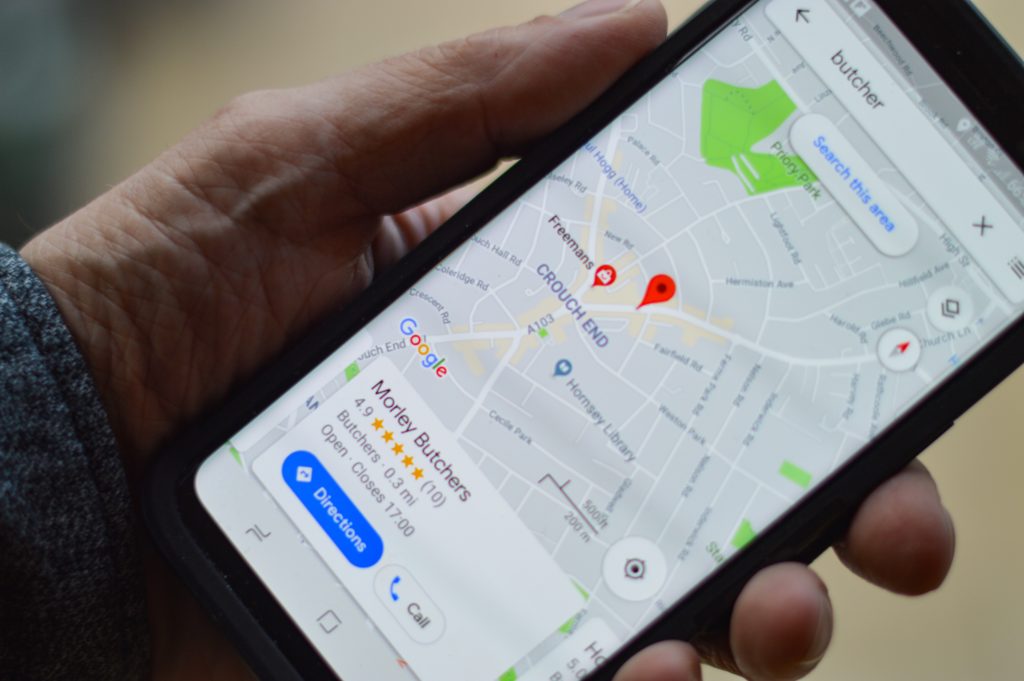When doing anything online, it’s all too easy to get dragged in by the loud voices that claim they know exactly how things are and should be done.
This is especially true when it comes to figuring out whether or not to focus all your efforts on organically improving your visibility in the search landscape or going full steam down the paid advertising route.
Search engines are famously secretive about their algorithms. And yet, many sites and businesses make a good living by selling advice that suggests SEO is King and they know exactly what you need to do to make it work.
The same is true for paid advertising. The whole point of PPC is to not to do the same thing everyone else is doing. And yet, you can spend weeks and thousands with PPC gurus and researching all the generic best practices that will supposedly solve your lack of traffic issue for good.
The fact is, both methods have their advantages and disadvantages. And rather than being a matter of focusing on one or the other, it’s much better to look at both and figure out what unique features they each have to offer your business.
Why you need SEO
Google and other search engines are like the entrance lobby of the web. If you want your business or organisation to succeed online, it needs to be discoverable via such lobbies.
The way to do this, and to make more and more corridors that lead users to your website, is through SEO. By optimising your copy and metadata for keywords, getting out there your NAP (name, address, and phone number), and regularly publishing relevant content, you improve your search visibility along with your Domain Authority.
Domain Authority is not a ranking factor from Google but a marker made by Moz which is primarily based on external links. The more high-quality and relevant external links to your site, the greater your “ranking strength” among other sites in your niche.
Making yourself findable in organic search will always be an important part of any business’s digital strategy. And as more people have become conscious of targeted advertising and begin using extensions to block advertisers, it is arguably going to become even more necessary.
Social media is taking its share of the search landscape. However, organic search still beats social by more than 300 percent, remaining the number one source of traffic by far. There’s also growing mistrust and speculation about engagement-focused algorithms used in social news feeds, resulting in more consumers being driven back to the relatively unbias search sites for their content.
Why you need PPC
It used to be enough to simple publish a website and engage in optimising for organic search to be found online. But in the crowded and attention-scare markets of today, it’s becoming almost essential to also invest in search engine marketing (SEM).
PPC or pay-per-click is a type of SEM where a business can place an ad on a platform like Google or Facebook and only pay the platform when that ad is clicked.
It can be useful both to stay competitive in crowded markets and to also get a foothold when you’re a newcomer or a small business just starting out. Despite adblockers and the fact that many users purposely ignore ads, PPC is still one of the lowest-cost and most effective strategies for getting your site in front of your target customers.
One reason for this is that targeted ads can be highly relevant and give the user what they want in much less time. According to Power Traffick, the top three paid ads on Google attract almost half of the entire traffic of any given keyword. In a world flooded with content and websites, users will increasingly value anything that offers convenience, no matter if it is an ad.
Another reason PPC is so effective is that it’s not dependent on or affected by search engine algorithm updates. Keeping up with SEO is not just time-consuming, but it is also a game of rolling the dice and staying up to date with the latest practices. PPC avoids both by being able to work away in the background untouched, all the while gaining you traffic that feeds back into your search visibility.
Organic search gives people what they want, but they have to do the hard work to find it first. Paid ads meet the user where they’re at, although they can be intrusive and unwanted. When used right, both strategies complement each other, ensuring users get the content or product they want, at the right time and in the exact place they want it.
Joseph Pennington is a freelance writer and long-term traveller from The Old North. Connect with him on LinkedIn and find more articles on work, technology, spirituality, and everything in between.

